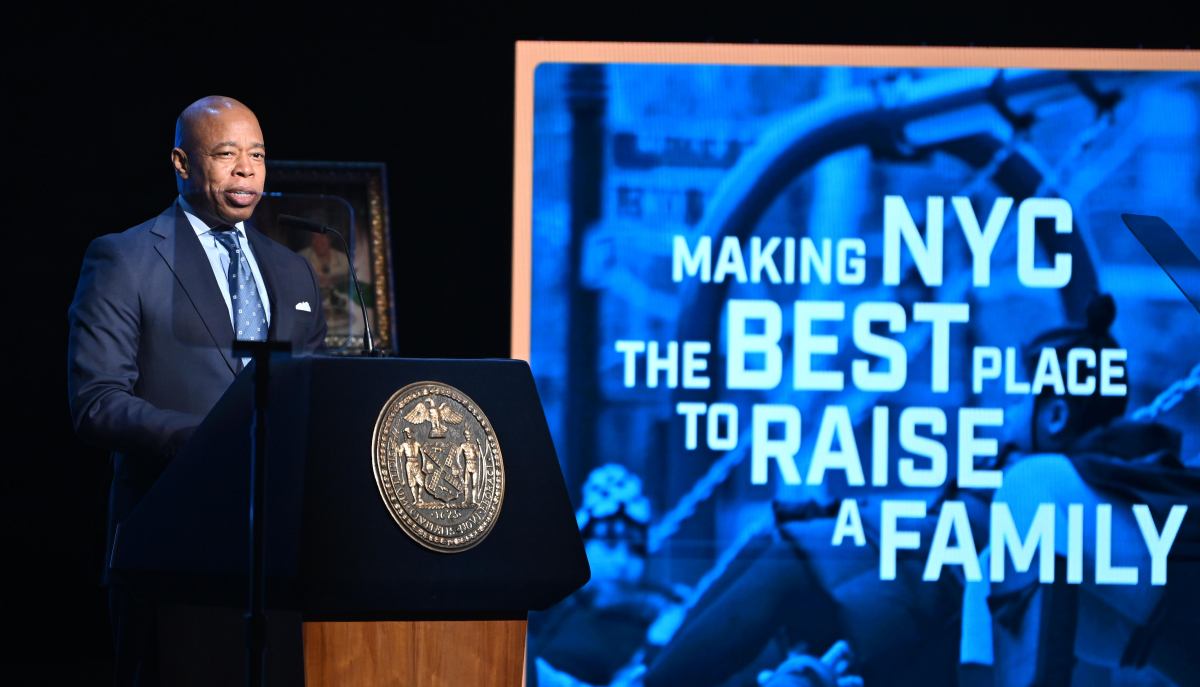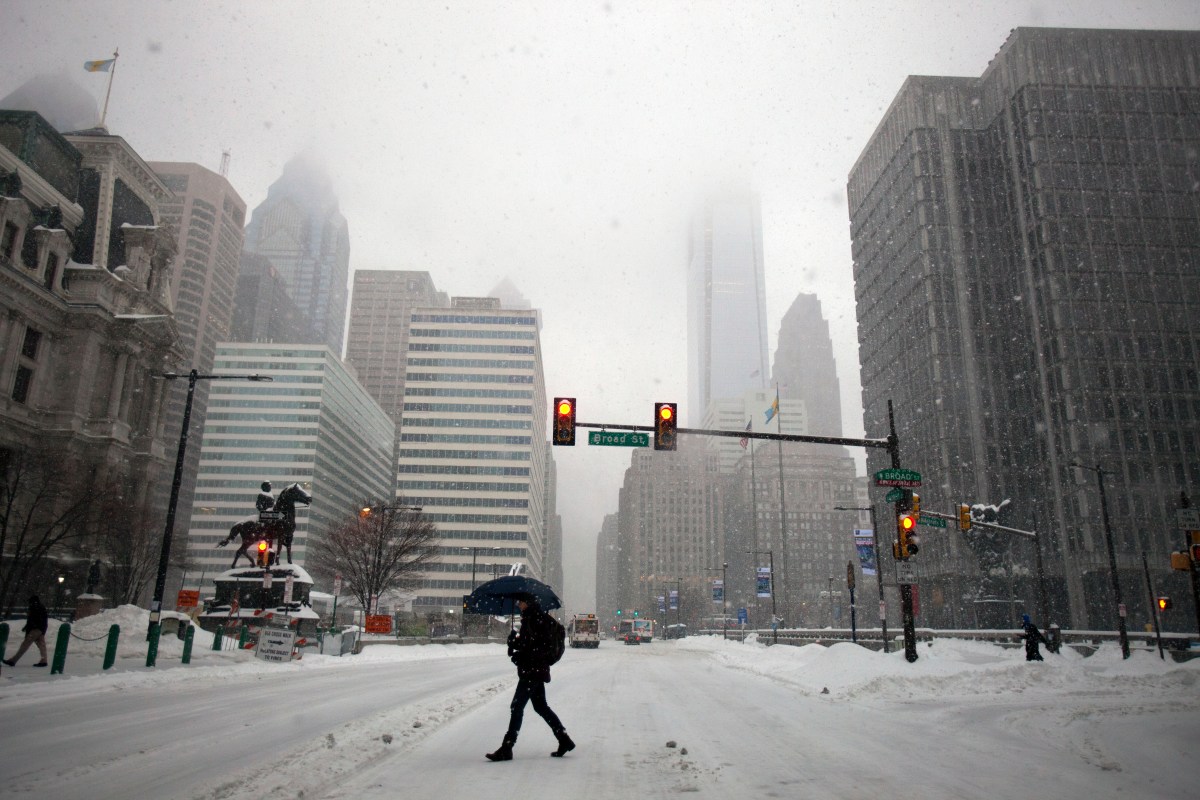TOKYO (Reuters) – The Tokyo 2020 Olympics are only two months away, but residents are deeply divided on whether they should go ahead mid-pandemic, after the Games were already delayed by a year due to COVID-19.
A fourth coronavirus wave, renewed state of emergency restrictions and an already stretched healthcare system have got many calling for the event to be cancelled. As a preventative measure, most foreigners are already banned from attending and a decision is still pending on domestic spectators.
Opinion polls show a majority of respondents want the Games postponed or cancelled even as the government has promised to keep them safe. But the reality on the streets of Tokyo paints a more complex picture.
(Open https://reut.rs/3wgkfwO in an external browser to see a picture story on the Tokyo residents)
Toshihiko Osawa, the third-generation owner of a traditional sweet shop in Tokyo, said he wants the Olympics to be held, with domestic spectators allowed to attend.
“If there aren’t any spectators, there won’t be as much tension and thrill for the athletes,” the 67-year-old said. “To have spectators and have everybody yelling is nicer.”
Restaurant owner Akihiro Takahashi, 34, would like the Games to take place but not this year.
He worries about the health risks from foreign athletes and officials entering Japan, and mourns the overseas tourists who would have packed his Japanese restaurant in a usual Olympics year.
“I think it may be hard for Japanese people to be pleased about these Games in their hearts,” he said.
Kimono-clad Keiko Yamamura, a 58-year old yoga instructor, is also conflicted.
“Variant strains could enter, creating a terrible situation,” she said. “But when I think of the athletes who have worked so hard, I’d like to let them do it.”
For older people, the contrast with the 1964 Tokyo Games, a moment of national triumph for booming Japan, is stark.
“There’s just no excitement. The mood now is almost like a wake,” said retiree Isao Kawada, soaking in a traditional public bath. Kawada, who is 77 but will only receive his first vaccine on July 2, said he still wanted the Games to go ahead.
Former container ship captain Shinichiro Sekozawa, 89, also remembers the 1964 Games fondly and hopes the 2020 Olympics will take place – although he thinks they’re too expensive.
“It’s fun to watch sports, to see all the athletes trying hard in competition,” he said. “The smiles on their faces when they win give all of us energy.”
For sushi chef Takashi Yonehana, 49, Japan’s international reputation is at stake.
“If Japan becomes the first country to cancel the Olympics due to a pandemic, nobody will say it but everyone will think it … it will damage our image,” he said.
But pensioner Mirei Sakai, 73, is adamant the Games should be called off.
“The pandemic is a terrible situation all over the world right now. In the middle of this, you’d invite foreigners over here,” she said. “I feel sorry for the athletes, but it’s unavoidable.”
Businessman Ryutaro Tajima, 36, says nearly everybody around him opposes the Games and the touted economic impact will be low without foreign tourists.
“There might have been an impact by building new stadiums and things, but if they aren’t used well going forward it’ll be a big waste,” he said.
Walking past the Olympic stadium, 40-year old Hideo Yoshida says the debate around the major sporting event has made him “uncomfortable”.
“Since the postponement, I’ve been seeing all these disagreements about whether to go forward with the Games or not and some groups saying they’ll hold it no matter what,” said the bicycle store owner.
“I feel like I’ve seen the dark side of the Games and the International Olympic Committee.”
(Additional reporting by Ju-min Park and Sakura Murakami; Writing by Elaine Lies; Editing by Ana Nicolaci da Costa)










































